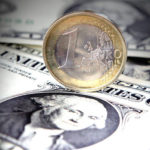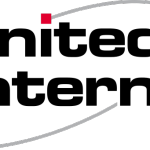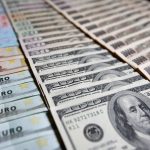Oil major BP Plc suffered a sharp decline in first-quarter profit due to tumbling oil prices but strong performance at its refining unit helped cushion the effect and beat forecasts.
First-quarter underlying replacement cost profit was at $2.6 billion, BP said on Tuesday, compared to $3.2 billion a year earlier, however topping the $2.2 billion reported in the fourth quarter of 2014 and sharply exceeding expectations for $1.28 billion.
The annualized 20% drop was largely due to the steep decline in crude oil prices that began in June, which saw the Brent benchmark tumble to an average $54 during the first three months of 2015, compared to $108 a year ago. Prices plunged after US output reached multi-decade highs and OPEC denied any obligation to cut its own output in order to normalize the market, spurring fears that softening global economic growth will fail to soak what some analysts estimate an oversupply of 2 million barrels per day.
“We are resetting and rebalancing BP to meet the challenges of a possible period of sustained lower prices,” said Bob Dudley, BP group chief executive. “Our results today reflect both this weaker environment and the actions we are taking in response. We are continuing to progress our planned divestment programme, we are resetting our level of capital spending, and we are addressing costs through focusing on simplification and efficiency throughout BP.”
The company said it remains on track to divest a further $10 billion of assets by the end of the year, with the total now having reached $7.1 billion, including the selling of its interest in the CATS (Central Area Transmission System) business in the UK North Sea.
First-quarter underlying pre-tax replacement cost profit at BPs refining unit was $2.2 billion, compared with $1 billion a year earlier. This helped offset a collapse in profits from exploration and production to $0.6 billion from $4.4 billion a year earlier. The downbeat result included a $545 million loss at BP’s Upstream business in the United States.
“As expected, the Upstream result was significantly affected by lower oil and gas prices as well as weaker gas marketing and trading and $375 million costs associated with the cancellation of contracts for two deepwater rigs in the Gulf of Mexico,” said BP in its statement.
Underlying net income from the companys stake in Russias state-owned Rosneft fell to $183 million from $270 million in the first quarter of 2014.
Operating cash flow for the quarter slid to $1.9 billion from $8.2 billion a year earlier, while revenue plunged to $54.9 billion from $75.1 billion.
“Earnings look very strong thanks to the downstream but underlying earnings in upstream and the overall cash flow were extremely weak,” said Anish Kapadia, analyst at Tudor, Pickering Holt and Co., cited by Reuters.
The company benefited from a one-off UK tax break for companies operating in the North Sea, saying its effective tax rate on Q1 profits was -42%, compared to +21% without the tax cut, adding several hundred million dollars to Q1 results.
BP also reaffirmed its stable quarterly dividend of 10 cents per ordinary share. “The dividend is the first priority within our financial framework and the board is committed to maintaining it,” Mr.Dudley said.
BP Plc traded 1.15% higher at GBX 482.41 per share at 09:01 GMT in London, marking a one-year change of -1.22%. The oil major is valued at 86.79 billion pounds.





